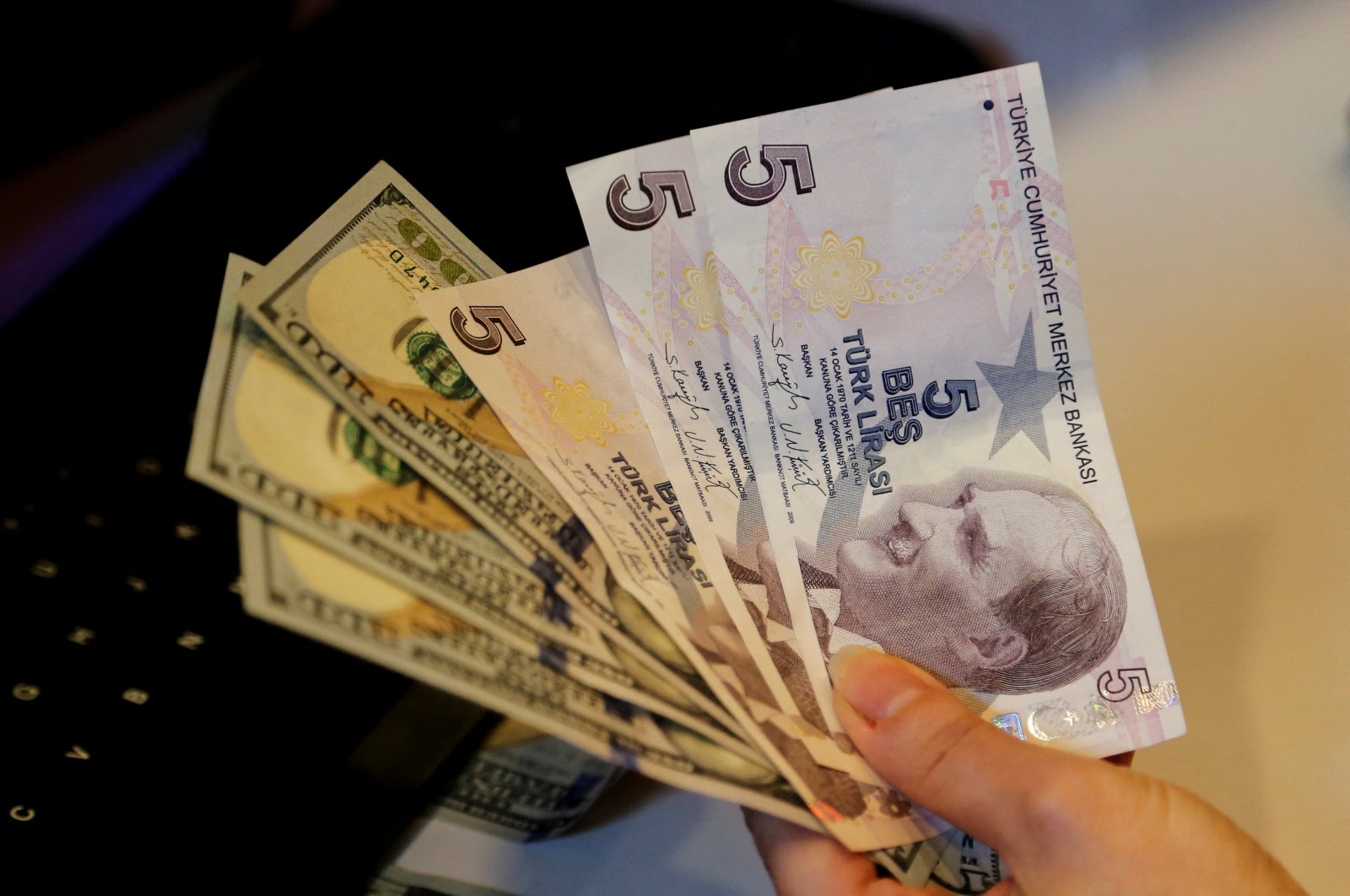Why is Turkey standing in the way of Sweden and Finland’s NATO membership?
On Thursday, NATO (North Atlantic Treaty Organization) Secretary-General Jens Stoltenberg said “time is now” for earthquake-hit Turkey to ratify applications by Finland and Sweden to join the defence alliance.
Speaking at a news conference in Turkey’s capital Ankara with Turkish Foreign Minister Mevlut Cavusoglu, Stoltenberg repeated his claim that the two countries had done enough to satisfy Turkey’s demands to crack down on extremism. “My position is that both can be ratified now. But the main issue is not whether they are ratified together, the main issue is that Finland and Sweden are ratified as soon as possible,” he said, as quoted by Associated Press.
The secretary-general also condemned the burning of the Quran (Muslim holy book), at a protest in Sweden but he said that this is not illegal in Europe.
What’s the reason why Turkey is coming in the way of Finland and Sweden’s NATO membership, what is the Quran-burning incident, and what’s the history behind Turkey and the banned outfit Kurdistan Workers Party (PKK)? We explain.
A quick brief on NATO
NATO, or the North Atlantic Treaty Organisation, was set up in 1949 by the US, Canada, and several western European nations to ensure their collective security against the Soviet Union. It was the US’s first peacetime military alliance outside the western hemisphere. There are 30 members of NATO, who are committed to mutual defence in response to an attack by any external party. Collective defence lies at the very heart of NATO, “a unique and enduring principle that binds its members together, committing them to protect each other and setting a spirit of solidarity within the Alliance”.
Sweden and Finland’s entry into NATO
Alarmed by Russia’s invasion of Ukraine a year ago, Finland, on May 12, 2022, and Sweden, on May 16, 2022, applied to join NATO. According to a report by Reuters, Sweden and Finland have long pursued policies of formal military non-alignment but Russia’s invasion of Ukraine prompted a rethink.
On its official government website, Sweden said, “It is the Government’s assessment that NATO membership is the best way for Sweden to protect its security in light of the fundamentally changed security environment following Russia’s invasion of Ukraine.” Finnish President Sauli Niinisto and Prime Minister Sanna Marin too announced that Finland must apply to join the NATO military alliance “without delay”.
A report published by a working group of the Sweden government to assess the security environment post the Russia-Ukraine war said, “For Sweden, the primary effect of NATO membership would be that Sweden would become part of NATO’s collective security and be covered by the security guarantees enshrined in Article 5 of the North Atlantic Treaty”. In short, both countries are worried about their security.
While Finland shares a 1,300-km border with Russia, Sweden’s Gotland Island is 300 km from Russia’s Baltic Fleet in the Russian exclave of Kaliningrad. If and when they do join NATO, Finland and Sweden will both be guaranteed military support by members of the security alliance in case an external force attacks them.
From NATO’s perspective, both countries have strong militaries. Finland has the capacity to mobilise 285,000 personnel and 650 tanks, and Sweden has a strong air force and a submarine fleet tailored to Baltic Sea conditions. Strategically, both countries help NATO against Russia due to their force. Furthermore, NATO’s presence in the Baltic sea and the Arctic sea would also be strengthened.
All 30 NATO members approved their applications, and 28 have ratified their accession. Only Turkey and Hungary have failed to do so.
What are Turkey’s issues against Sweden and Finland?
In May 2022, Turkish President Recep Tayyip Erdogan blocked an early attempt by NATO to fast-track the applications, saying their membership would make the alliance “a place where representatives of terrorist organizations are concentrated.”
Turkey accused Sweden of being home to what it categorises as terror organisations or existential threats from the banned Kurdistan Workers Party (PKK). Turkey wanted Stockholm and Helsinki to take a tougher line against the PKK and another group it blames for a 2016 coup attempt. Sweden denies Turkey’s accusations of harbouring Kurdish terrorists and actively supporting the PKK. Also, Turkey wants Sweden and Finland to lift their restrictions on the sale of arms to the country, which were imposed after Ankara’s military campaign in Syria in 2019.
During a NATO summit in June 2022, the countries reached a tri-lateral agreement on how to proceed. Finland and Sweden agreed to work harder to fight terrorism by intensifying work on the extradition and deportation of suspected militants, and Turkey lifted its veto and said the country would seek the extradition of 33 alleged Kurdish fighters and coup plot suspects from both the Nordic countries, Al-Jazeera reported.
Cut to December 2022, the Supreme Court in Sweden blocked the extradition of an exiled Turkish journalist, whom Turkey accuses of being involved in the coup attempt to topple Erdogan. The court had then said that there were “several hindrances” to sending back Bulent Kenes, former editor-in-chief of the Zaman.
The tensions between Sweden and Turkey began to increase in January after an effigy of Erdogan was hung upside down from a lamppost in Stockholm during a pro-Kurdish demonstration. The talks were suspended following protests on January 21, in which Rasmus Pauldan, leader of a far-right Swedish party Hard Line, burned the Quran in front of the Turkish embassy in Sweden.
Erdogan had said that Sweden should not expect Turkey’s support for its NATO membership after this incident. “Those who allow such blasphemy in front of our embassy can no longer expect our support for their NATO membership,” Erdogan said, Reuters reported.
Turkey said that it looked positive on Finland’s application for NATO membership and not Sweden’s. Erdogan said, “Our position on Finland is positive, but it is not positive on Sweden”. Erdogan repeated his demand for Sweden to hand over some 120 alleged suspects, and said, “If you absolutely want to join NATO, you will return these terrorists to us,” as quoted by Al-Jazeera.
What’s the history between Turkey and PKK?
The Kurds are a major ethnic group who live in the mountainous geo-cultural region known as Kurdistan, which extends from southeastern Turkey in the west to northwestern Iran in the east, and from northern Iraq and northern Syria in the south to Armenia in the north. They are often described as the world’s largest stateless ethnic group. The Kurdish people have never had an independent national homeland. Nearly 20% of Turkey’s 84 million-strong population is Kurdish.
In 1978, the Marxist revolutionary Abdullah Öcalan formed the Kurdistan Workers’ Party (Partiya Karkerên Kurdistanê or PKK in Kurdish) with the aim of setting up an independent Kurdistan. PKK members fought the Turkish army from 1984 until Öcalan’s capture in 1999. PKK has engaged in armed struggle with Turkey for decades, first seeking an independent Kurdish state, but has since evolved to seek greater Kurdish autonomy and increased rights of Kurds within Turkey. Terrorist attacks continued until 2013 when the PKK declared a ceasefire.
However, the ceasefire collapsed after Turkey joined the war against the Islamic State in 2015 and started to bomb PKK targets in Iraq. The Turkey government then began a crackdown on both PKK militants and Kurdish civilians, including lawmakers and activists. Since 1984, between 30,000 to 40,000 people have died fighting between PKK and Turkish government, according to Crisis Group.
A note on the website of Turkey’s Ministry of Foreign Affairs describes the PKK as a terrorist organisation, which is listed as such by “numerous countries, including the members of the European Union and others such as United States, Canada and Australia”. The PKK, it says, is responsible for more than 40,000 deaths since 1984; its “ideology is founded on revolutionary Marxism-Leninism and separatist ethnonationalism”, and it “wants to suppress the diversity of Türkiye, prevent participation and integration of Türkiye’s citizens of Kurdish origin and intimidate the people in the region”.
Turkey wanted Sweden and Finland to make written commitments to suppress the PKK and YPG (Syrian People’s Defense Units) forces in Syria. Affiliated with the PKK, the YPG is a militia that is active in the Rojava region of northeastern Syria. They supported western forces in the military campaigns against ISIS in Syria and played a pivotal role in their defeat, with US, Europe and Sweden funding them. Though both Sweden and Finland banned PKK as a terrorist organisation, they joined other EU countries in halting weapons sales to Turkey in 2019 over Ankara’s military action against Kurdish groups in Syria.
Will earthquake-aid help Sweden and Finland’s chances?
A deadly earthquake in Turkey and its neighbour Syria last week has led to the death of over 41,000 people. Sweden has so far given 30 million SEK (Swedish Krona) in humanitarian support and contributed experts and equipment, and sent more than 50 search and rescue experts, and medical teams to the country.
NATO, too, said that it would be sending “tens of thousands of tents” to Turkey to offer shelter to homeless people.
“In your time of need, NATO stands with Turkey,” Stoltenberg said. “This is the deadliest natural disaster on alliance territory since NATO was founded,” he said, adding that NATO would use its “strategic airlift capabilities” to transport aid more swiftly.
Helsinki provided heated emergency accommodation, including tents and stoves, for 3,000 people; and coordinated the delivery of supplies through NATO. They have also contributed multilateral through the United Nation’s Central Emergency Response Fund, which has given 50 million dollars to Turkey till now.
Several experts believe that it may be too early to speculate if earthquake diplomacy will help the relations between the three countries.



